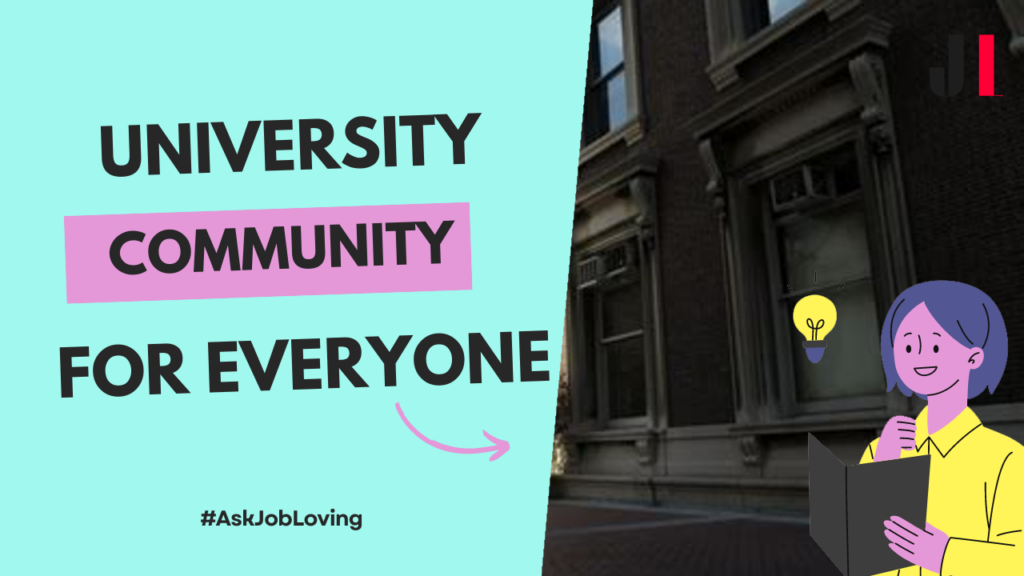Why Are Psychology Courses Blocked at Columbia University?
Columbia University’s psychology courses are often described as “blocked,” which can leave prospective students scratching their heads. Essentially, this blockage refers to the limited availability and accessibility of certain psychology classes that students need for their degree programs. But why does Columbia impose these restrictions? Let’s explore the various reasons behind this phenomenon.
High Demand vs. Limited Supply
One primary reason for the blockage of psychology courses is the overwhelming demand for these classes. Columbia is a prestigious institution attracting a diverse range of students passionate about psychology. However, the university struggles to accommodate this influx due to a finite number of faculty members and classroom space. Consequently, many students find themselves unable to enroll, leading to frustration and confusion.
In addition, certain psychology classes—especially those focusing on specialized topics—tend to be more popular than others. Since these seminars usually have limited seats, registration can feel like a race against time. If you’re not quick enough to hit that enroll button, you may be left with fewer options or none at all for your spring semester.
The Structure of Courses
Furthermore, some psychology courses serve as “weed-out” classes designed to challenge students and filter out those who might struggle in advanced studies. These classes often have stringent prerequisites, and maintaining a specific GPA can be critical for continuing in the program. This process can lead to some programs being perceived as blocked, particularly from the perspective of those who find them difficult or inaccessible, especially if it’s their first time in a traditional academic environment.
Moreover, anecdotal evidence suggests that classroom dynamics can also impact students’ experiences in psychology courses. For instance, you’ve likely heard about instances where some students monopolize conversations during class time—sharing personal traumas rather than focusing on course material. This phenomenon can affect the overall learning experience and contribute to frustrations around course delivery and effectiveness.
Possible Solutions and Alternatives
If you’re caught up in this challenging situation where psychology courses seem blocked off at Columbia University, don’t lose hope! It’s essential to consider alternative paths or adjunct offerings through other disciplines within the university. Some related fields or interdisciplinary courses might fulfill your academic goals and integrate psychology in innovative ways.
You could also reach out to your academic advisor for guidance on which courses might be available or even explore options at affiliated institutions. Additionally, online classes can provide flexibility while allowing you to continue pursuing your interests in psychology without feeling restricted.
Final Thoughts: While it can be disheartening to face blocked psychology courses at Columbia University, understanding the reasons behind such barriers can empower you with strategies to navigate your educational journey better.
If you need further help or insights into why psychology courses are blocked at Columbia University, connect with us at the JobLoving community! We’re here to assist you with more answers and resources tailored just for you!

